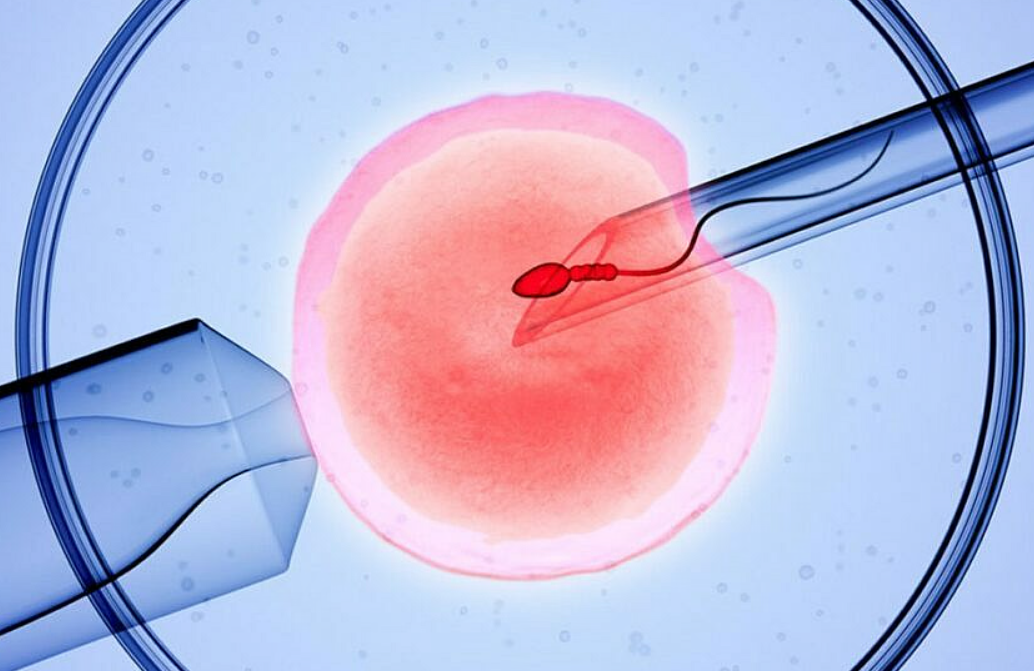Celebrating World IVF Day
Published in Healthcare & Nursing, General & Internal Medicine, and Pharmacy & Pharmacology

World IVF Day is celebrated every year on 25th July to recognise the advances made in fertility medicine since the first successful birth resulting from IVF in 1978. We have collected some of our most impactful articles on IVF and assisted reproductive technology published in Reproductive Biology and Endocrinology in the last few years on our World IVF Day page.
Check out articles on using artificial intelligence models to predict successful live births, diagnosing and managing infertility using NICE adapted guidelines, the debate of fresh versus frozen embryo transfer, and more.
 The Journal has also begun publishing in our highly anticipated collection on the use of AI in the IVF and embryology lab. AI has the potential to revolutionise the field of IVF by improving the accuracy of embryo selection, personalising treatment plans, and developing new technologies. However, more research is needed to fully understand the benefits and limitations of AI in IVF, and to ensure that its use is ethical and safe. This collection aims to further our knowledge to inform future policy and practice.
The Journal has also begun publishing in our highly anticipated collection on the use of AI in the IVF and embryology lab. AI has the potential to revolutionise the field of IVF by improving the accuracy of embryo selection, personalising treatment plans, and developing new technologies. However, more research is needed to fully understand the benefits and limitations of AI in IVF, and to ensure that its use is ethical and safe. This collection aims to further our knowledge to inform future policy and practice.
Following the controversial US Supreme Court ruling on the use of embryos in IVF, co-Editor-in-Chief Dr David Seifer provided his thoughts on the decision in an Editorial that discusses the facts of the ruling, the potential implications, a reassurance as to the future of IVF in general, and what we might expect next.
As we celebrate World IVF Day, we recognise not only the scientific breakthroughs that have made parenthood possible for countless families, but also the resilience and hope of those embarking on their fertility journeys. This day stands as a testament to the dedication of medical professionals and researchers who continue to push the boundaries of reproductive health. As we look to the future, it is vital we continue to support and advocate for advancements in fertility treatments, ensuring equity and fairness for all.
Follow the Topic
-
Reproductive Biology and Endocrinology

This journal publishes and disseminates high quality results from excellent research in the reproductive sciences.
Your space to connect: The Primary immunodeficiency disorders Hub
A new Communities’ space to connect, collaborate, and explore research on Clinical Medicine, Immunology, and Diseases!
Continue reading announcementRelated Collections
With Collections, you can get published faster and increase your visibility.
Research Integrity in Reproductive Medicine
Publishing Model: Open Access
Deadline: Ongoing
Experience with Private Equity Involvement in IVF Clinics: The Good, The Bad, The Ugly
This collection aims to explore the multifaceted impact of private equity (PE) involvement in IVF clinic operations. The rationale behind this investigation is to understand how the infusion of PE capital influences various aspects of fertility treatments, including patient care, research quality, and overall clinic performance. By examining both the positive and negative outcomes, this collection seeks to provide a balanced perspective on the role of PE in the healthcare sector.
We invite submissions of original research articles and review papers addressing issues such as:
• Assessment of the metrics used to measure patient care and research quality in IVF clinics under PE management. This includes key performance indicators (KPIs), patient satisfaction surveys, and clinical outcomes
• The role of PE in providing financial stability and enabling technological advancements in IVF clinics.
• Potential in patient care and research quality due to profit-driven motives.
• Mixed reactions from patients and healthcare providers regarding the corporate approach to fertility treatments
• Examination of how PE influences the cost of IVF treatments and how it affects equity in access to fertility care.
By exploring these topics, this collection aims to offer a comprehensive understanding of the implications of PE involvement in IVF clinics, highlighting both the benefits and challenges associated with this model.
This Collection supports and amplifies research related to SDG 3, Good Health and Well-Being and SDG 10, Reduced Inequalities.
We recognize that many key stakeholders may not have access to such resources and are committed to supporting participation in this issue wherever resources are a barrier. For more information about what support may be available, please visit OA funding and support, or email OAfundingpolicy@springernature.com or contact the Editor-in-Chief.
Publishing Model: Open Access
Deadline: Mar 11, 2026





Please sign in or register for FREE
If you are a registered user on Research Communities by Springer Nature, please sign in